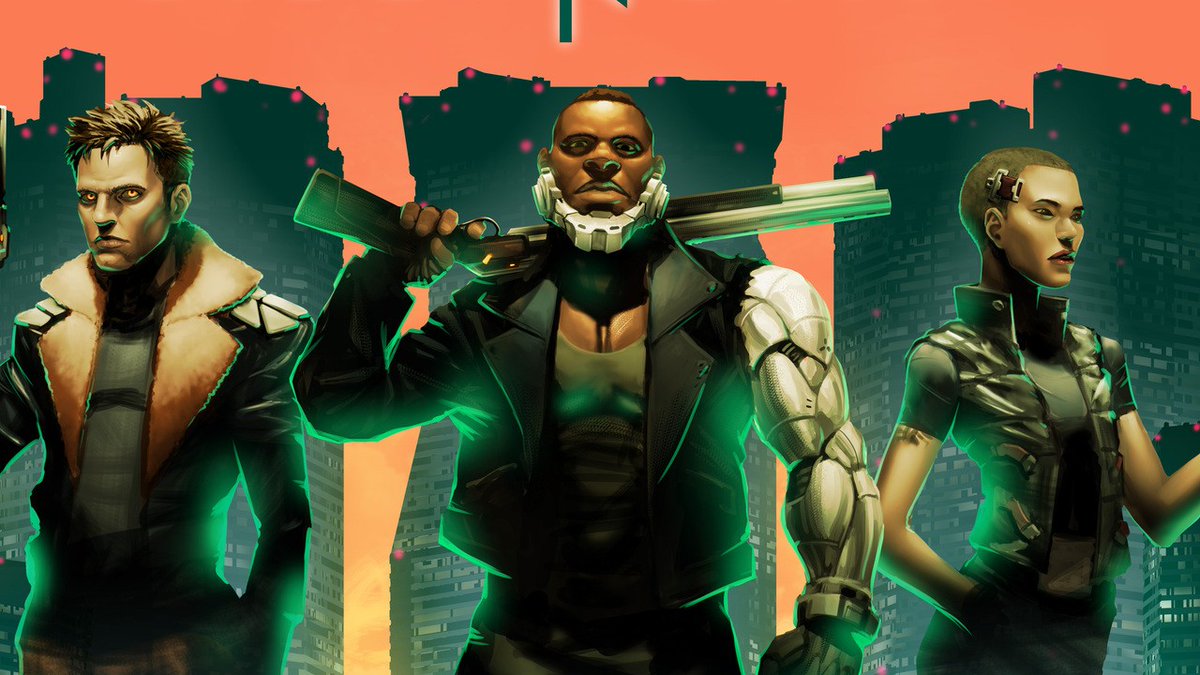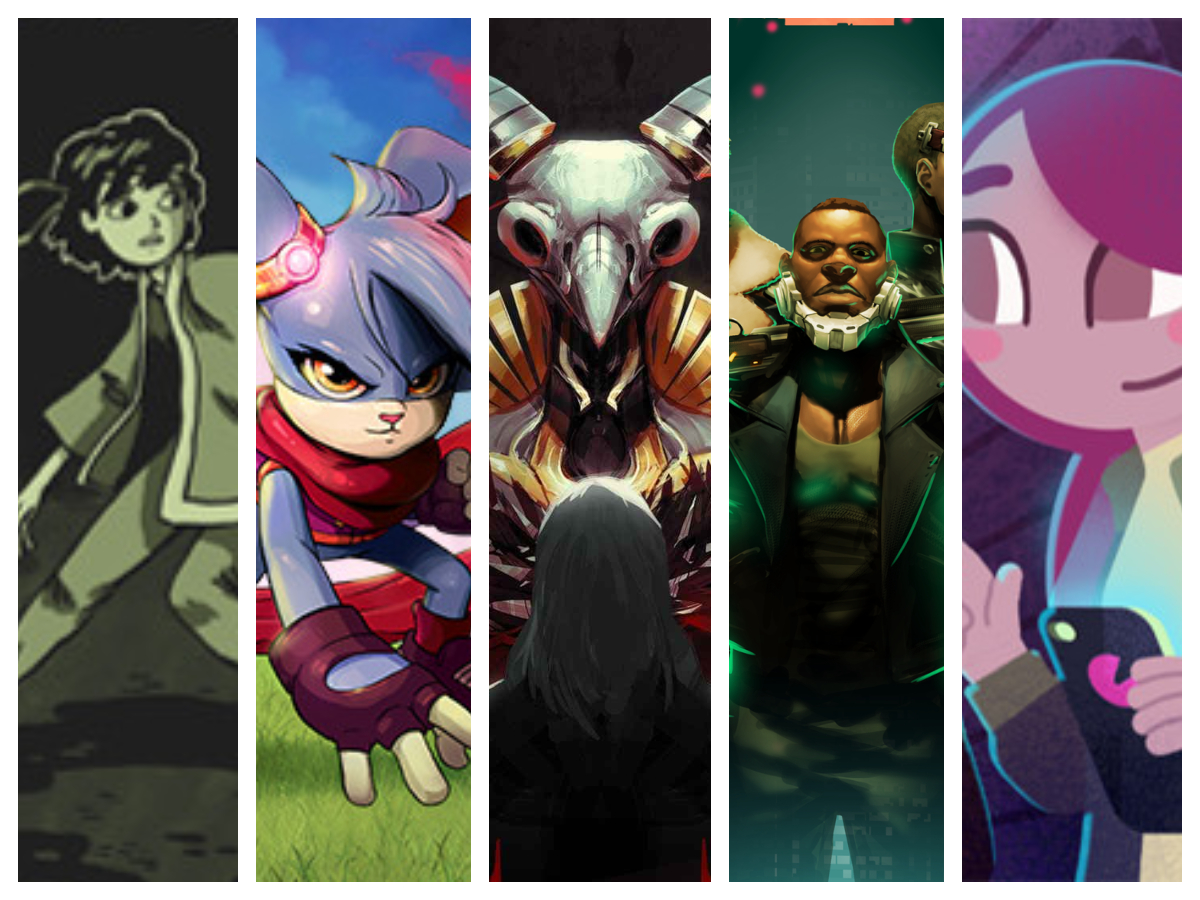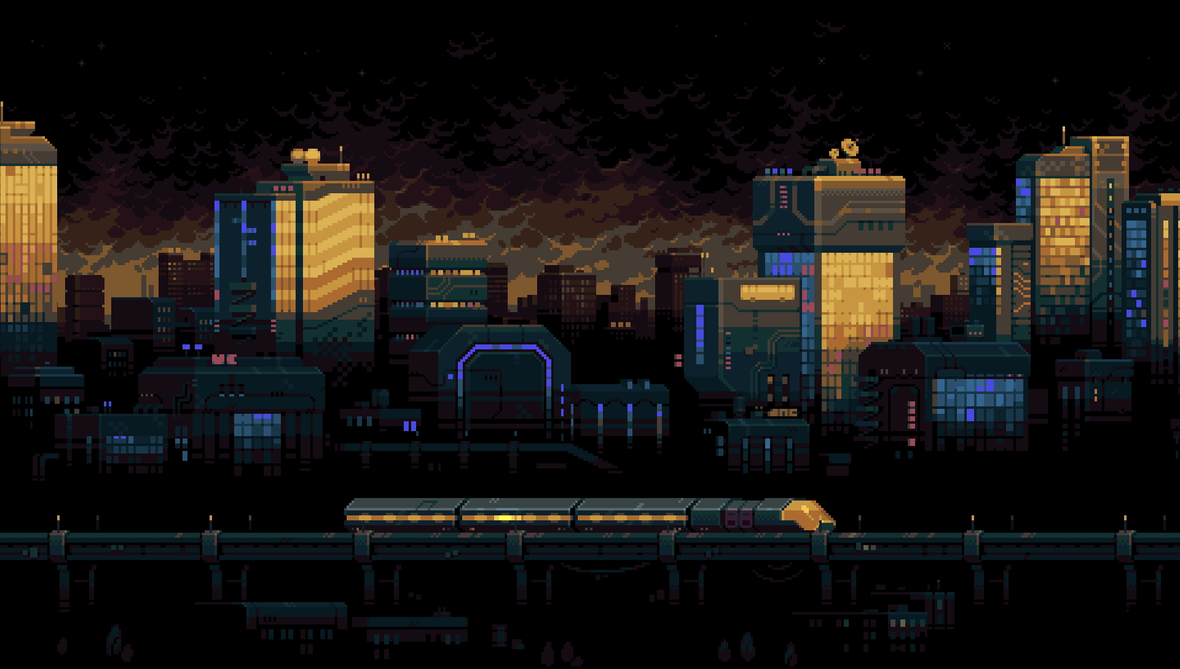Disjunction Review (PS4) – Blade Run-Noir
Cyberpunk is big business now. Despite the somewhat wonky launch of the long-awaited Cyberpunk 2077, it’s brought the sci-fi genre back into prominence again. It wasn’t exactly quiet before, but there is undeniable buzz around it again now. That is to say; everybody wants some of that limelight, and Disjunction is no different.
Yet that’s not necessarily a bad thing. The genre and lore around what is “cyberpunk” is massive, covering oodles of books, films, games and even music. Just look at the boom of synthwave tunes over the last few years. The potential to mix other tropes and genres with a sci-fi aesthetic is rife, and usually all the better for it.
Disjunction, if that allusion made any sense, is one such example. Blending a detective/conspiracy-style narrative with top-down stealth gameplay reminiscent of early Metal Gear games is a welcome change. The big question, then, is can it carry that blend to the endgame? Let’s have a stealthy look and get out before we’re noticed.
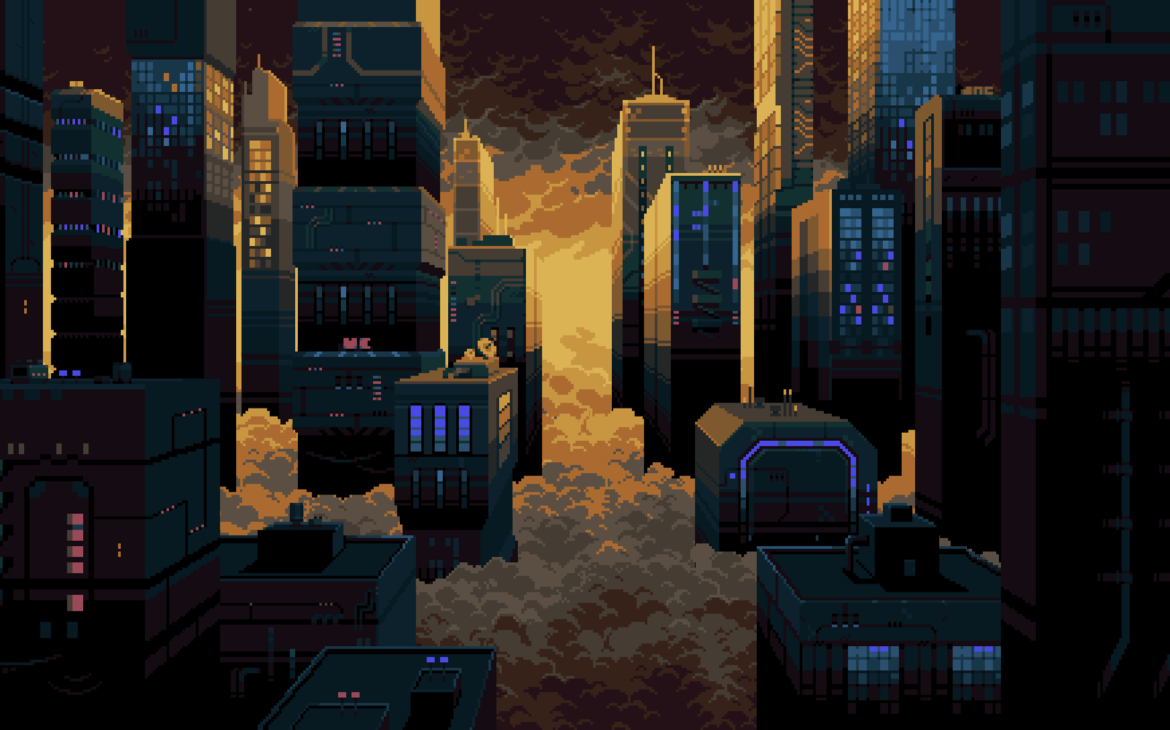
A Detective, a Boxer and a Cliché Walk Into a Bar…
Disjunction, at its core, is a role-playing game. That is, in the capitalised RPG sense, like Mass Effect or a Final Fantasy. Mark of the Ninja tells a story, but that feels secondary to a lot of the gameplay. Conversely, this game builds world first and has you sneak about it in it second.
Set in the futuristic New York of 2048, our tale starts off relatively small-time. The story begins with Frank Monroe, our Deckard surrogate (complete with big coat and attitude problem) investigating the framing of a local community leader. The frame in question is the death of a police officer, something the potential fall guy’s wife wants Frank to investigate.
Not long after Monroe starts, we’re introduced to our second character, Lockjaw. An underground, cybernetically enhanced boxer, he’s troubled by the death of his daughter some weeks prior to the start of the game. He and third character Spider, a hacker, work together to hack an encrypted tablet that may give Lockjaw some closure… or perhaps not.
It’s not long before all three become part of something much, much bigger. There’s conspiracy afoot, a mysterious drug named Shard wreaking havoc (in a clumsy analogy for the whole “crack in the suburbs” mythos) and twists aplenty. It would be derivative to call this “generic cyberpunk”, as well as unfair. It’s well written, and whilst not offering much in the way of choice, you do have some control over how conversations go.
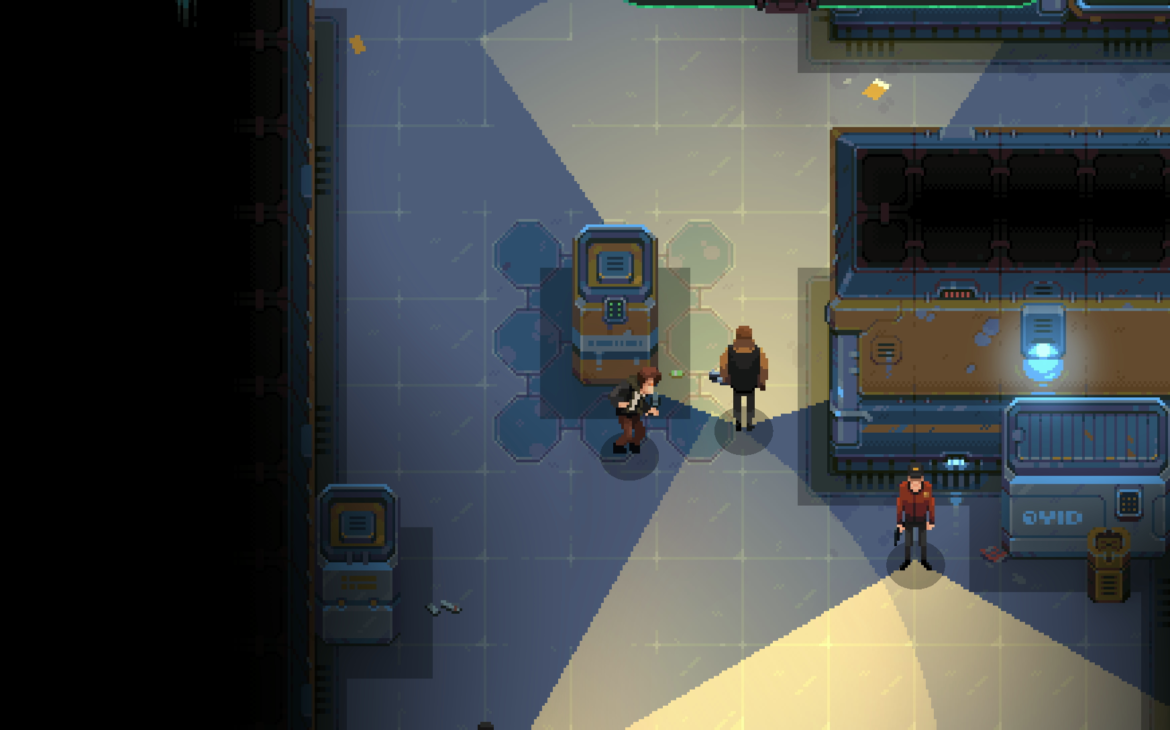
Blood On Your Hands Or Dust In Your Tracks
I mentioned at the start that this is a stealth action/RPG. That’s not inherently true, you don’t just have to play it stealthily. You can, if lurking and patience aren’t your thing, go full ham and lay waste to everyone. There’s no penalties or preference for either, the choice is yours.
Now me, I love a good stealth game. Fortunately, Disjunction caters to that, offering multiple pathways to slip in and out unseen. Hugging the wall of the warehouse/lab/office you’re infiltrating grants you some cover in the shadows, aiding your efforts. Enemies have Metal Gear Solid-like cones of vision, so any opportunity to reduce that risk of being spotted is welcome. If a patrolling guard’s route hinders you, there’s nothing stopping you from a swift knockout blow and dragging them out of harm’s way.
Conversely, if you’re a fan of spilling blood and cracking skulls, you’re also looked after here. Considering Disjunction shares a similar top-down view akin to Hotline Miami, it borrows the over-the-top violence from that too. If you haven’t mastered the fine art of infiltration, there’s a much more direct approach you can take. That is to say: you can boot a door down, blow heads apart with your firearm and/or bludgeon goons and guards to death.
Outside of a few tied trophies/achievements to pacifism, there’s nothing stopping you from playing however you like. Thankfully, you have more than just your wits on you as you head to your next mission.
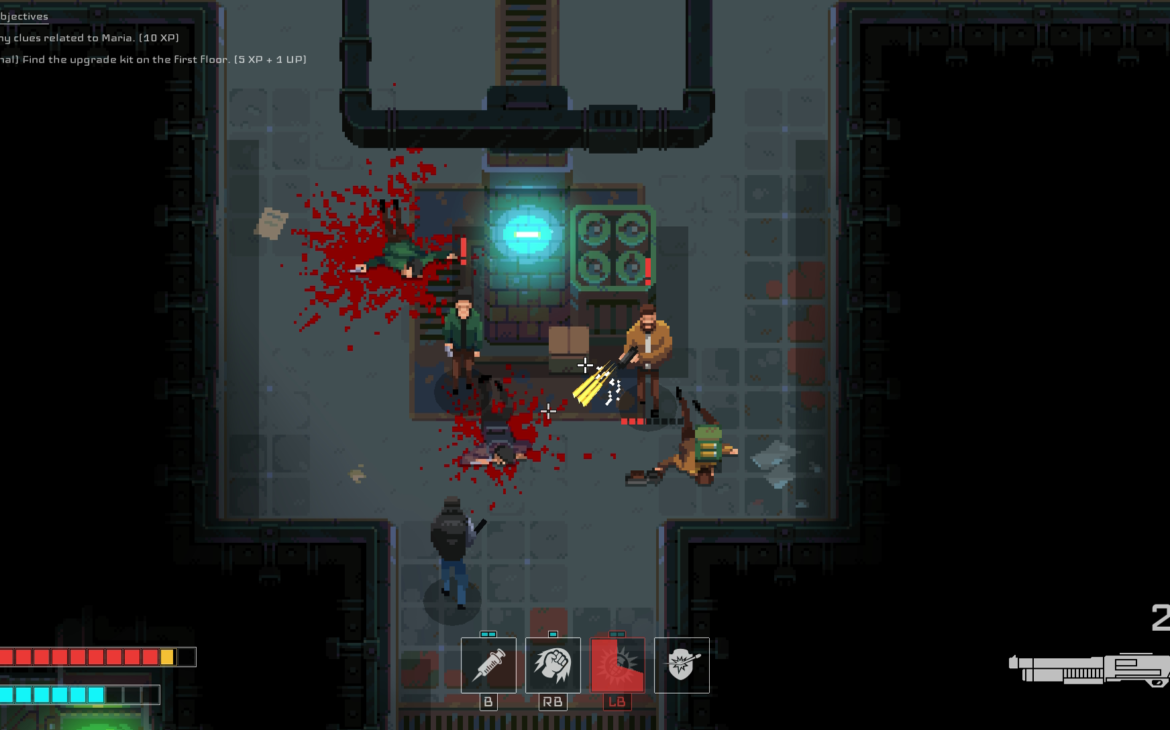
Going Equipped
Fortunately, you have more than just your wits and trigger finger when you go into missions. You have a variety of skills, geared to each character, that you allow you the upper hand in a situation. Depending on your preferred play style, these will either come in handy or be ineffective.
Monroe, for example, has a smoke grenade that isn’t offensive in nature, yet allows you a brief reprieve from guard’s cones of vision. Lockjaw, by comparison, doesn’t have fancy detective tech. What he does have, though, is a nifty little dash that hinders detection. This is great in a pinch if you’re playing stealth, or for gaining the upper hand if you’re in a skull crushing kind of mood.
These abilities are timed, so you can’t just spam them ad nauseum. There is an element of tactic to each one, should you feel the need to even employ them. There’s no penalty for not using them, nor does it make the game a “hard mode” if you don’t. The only discernible difference is Spider’s: hers are certainly the most beneficial to her character, being a sneaky hacker. She’s more reliant on hers than the other two, as she’s not the best choice for toe-to-toe violence.
The other positive is that they can be tweaked with, as can the heroes themselves. This is where the bulk of the RPG mechanic comes in…
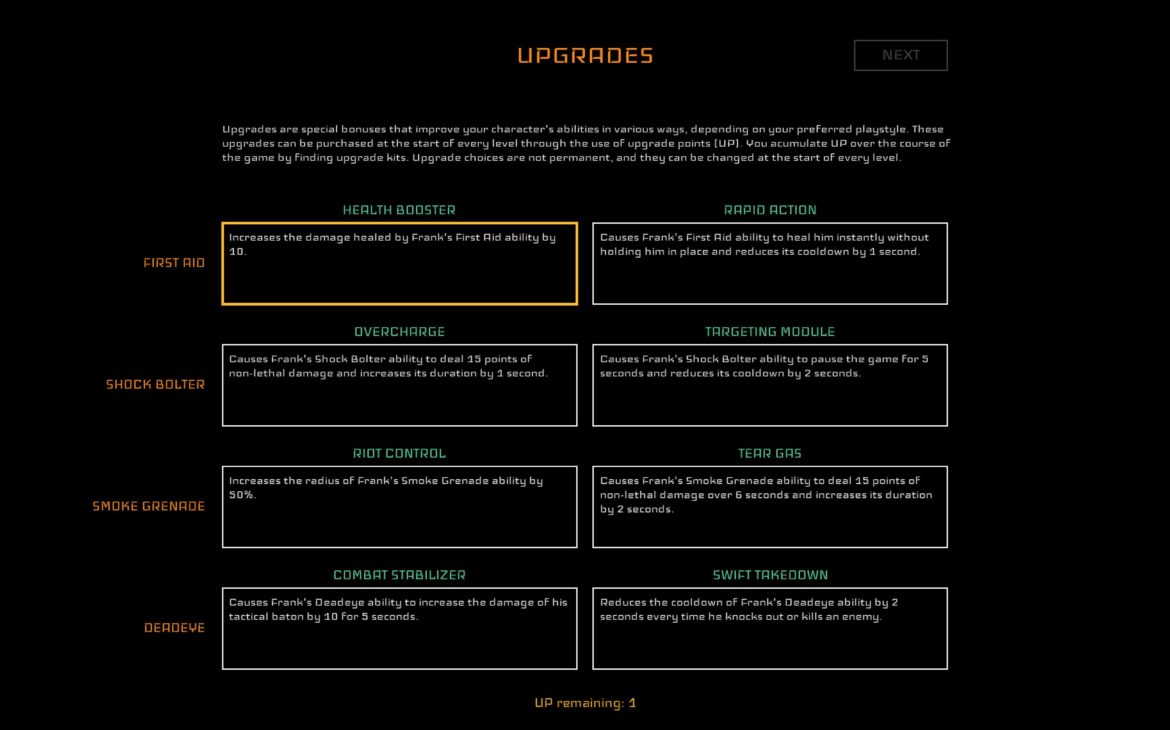
We Can Rebuild Them…
Role-playing games are normally synonymous with building characters, starting out as journeyman heroes before being crafted into gods. Especially those Eastern RPG’s, where you pull off all kinds of god-like magics and such. You wouldn’t expect any less from them, really.
Disjunction doesn’t go that far as to make you deities, but it does have a pretty decent system. Upgrade points, this game’s “currency”, can be earned and found within missions. At the end of each one, these can spent on pretty straightforward upgrade trees (surprisingly enough). As you can see above with Monroe’s, you’re granted several options. It will make more sense when you’re playing it, but each one of those applies to his skills.
So if you prefer to sneak by, you might favour the smoke grenade path. If you would rather not leave any witness, conscious or alive, you can improve the damage of your Deadeye ability. Each character has their own path, and while it’s not as expansive as say, The Witcher 3’s, it’s still comprehensive enough to cater to everyone.
Of course, the hardest part is remembering what you’ve upgraded across three characters. You may switch from Lockjaw to Frank, forgetting you’ve made the former a tank and the latter a Solid Sleuth. You just have to remember that before you’re a red smear on the ground after mistakenly charging a room.

Some Augments Need Adjusting
When looked in a positive light, Disjunction has a massive world of lore to get invested in across its considerably large story. Unfortunately, the caveat is that you have to squint at a lot of it to make sense of it all.
Eschewing the likes of Mass Effect’s codex system, Disjunction has a more dynamic exposition system. In conversations, like the above picture, certain words will be highlighted. When hovered over, through a painstaking right thumbstick/cursor layout, it will give some backstory to that particular word. Buzzwords like the drug Shard and who Lamar is at the start are helpful, and does do away with that Metal Gear Solid thing of a character repeating it for the player’s benefit. But the text is so damn small compared to the already small font that, even on a 43″ TV, I just couldn’t be arsed half the time.
The other large gripe comes from the gameplay itself. I get that the game is going for confined areas and not large scale battles, fine. But equally, that means the camera stays close to your character. Whilst it may true to life that we can’t see around corners, a bit of a heads up would be nice. Not necessarily in terms of radar, but a bit more notice of what to expect in a next room rather than walking right into a vision cone.
Coupled with a limited amount of set checkpoints, there’s nothing more annoying that making a fair bit of progress only to stumble into any more than one guard at a time. If you’re playing Dirty Harry you might scrape by, but if you’re a pacifist PI, dying multiple times to save lives can be off-putting. To the point of frustration, as I found out.
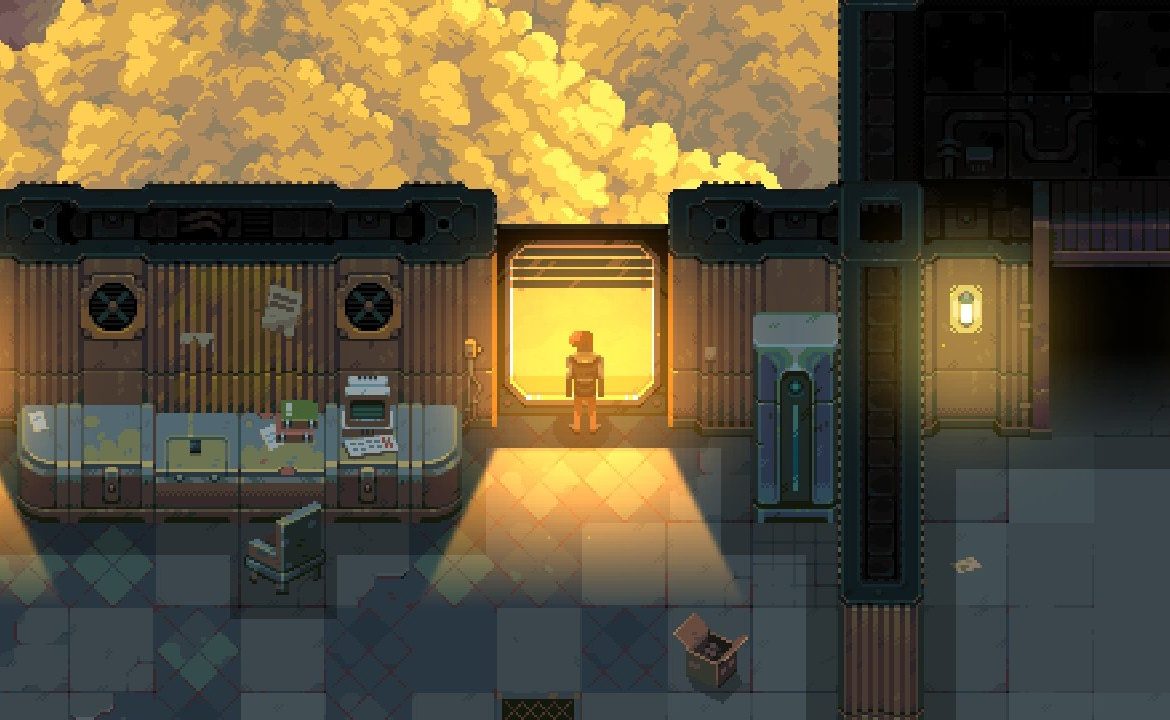
Not Without Hesitation
Text size and occasional unfairness aside, persevering with Disjunction has a far more positive experience than a negative. That is to say: yes, it will annoy you at times, but it’s worth it to see it out.
The story is enough to cause intrigue, if you’re a fan of Blade Runner, Equilibrium or even a dash of classic Chinatown-esque noir. It may borrow and crib here, and you may even work some things out before the game tells you. Yet in a time of cyberpunk being brought back into the mainstream attitudes, this is a worthy little indie title to get stuck into.
You’ll become invested in the characters and their motivations, as the rabbit hole gets deeper and deeper. The skill system is fairly straightforward yet still worth investing in for the best use of your skills. It can be fiddly at times, whether you prefer the carnage or creeping, but it’s worth sticking it out just to see how it all comes together.
It can be a bit fiddly to start with, what with the limited view and squint-inducing text. Yet persevere with Disjunction and there’s a great cyberpunk detective story to get your teeth into.

Disjunction is available now on PlayStation 4 (review platform), Xbox One, Nintendo Switch and PC.
Developer: Ape Tribe Games
Publisher: Sold-Out Software
Disclaimer: In order to complete this review, we were provided with a promotional copy of the game. For our full review policy, please go here.
If you enjoyed this article or any more of our content, please consider our Patreon.
Make sure to follow Finger Guns on our social channels –Twitter, Facebook, Twitch, Spotify or Apple Podcasts – to keep up to date on our news, reviews and features.
